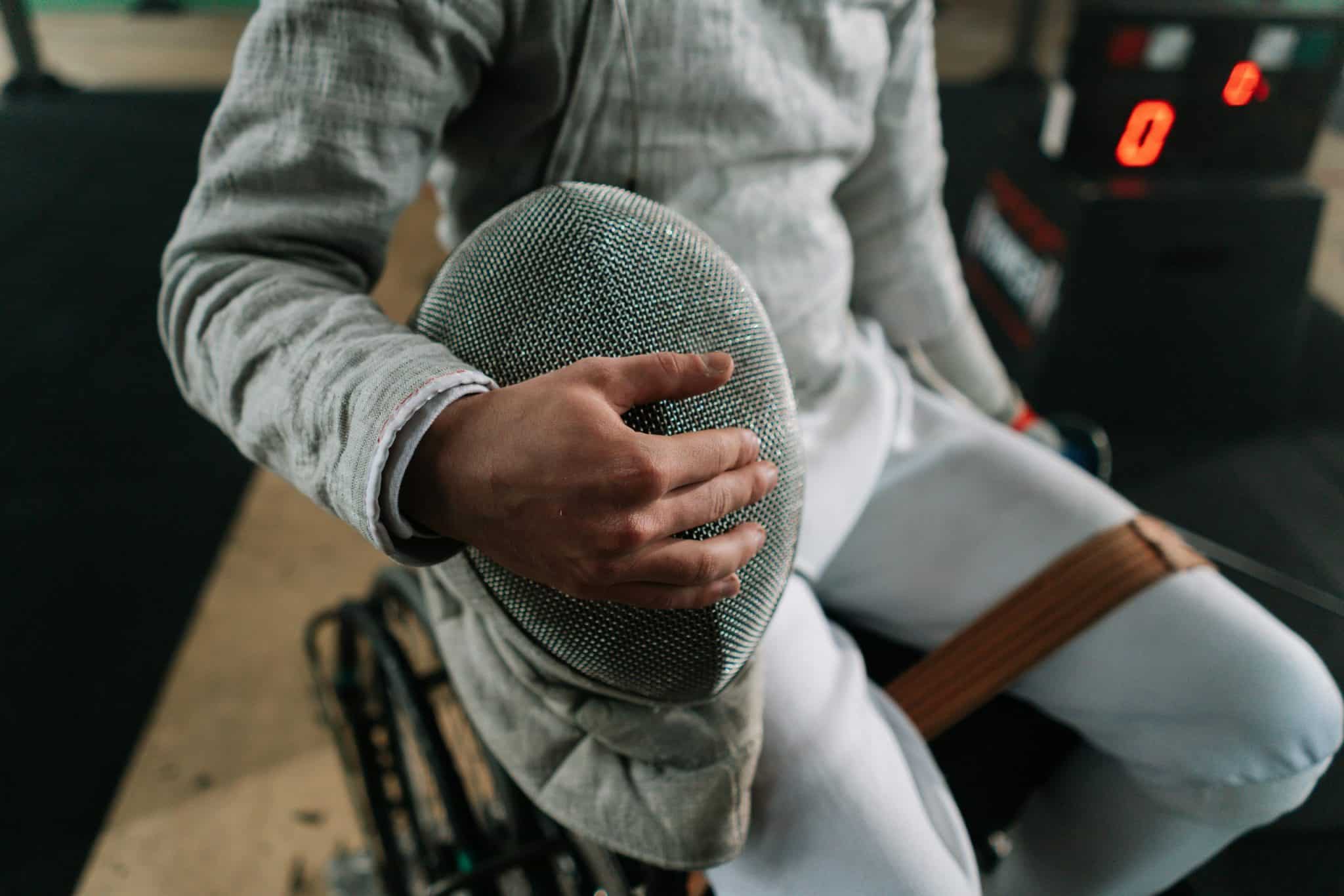Adaptive sports programs promoting inclusion and teamwork
In recent years, there has been a growing focus on promoting inclusion and teamwork within society. One area that has received significant attention is the world of sports. While traditionally viewed as a means of competition and physical prowess, sports have evolved into a powerful platform for promoting inclusivity and teamwork. One such avenue is through adaptive sports programs, which aim to provide opportunities for individuals with disabilities to participate in sports. These programs not only offer physical and mental benefits for participants but also help to break down societal barriers and foster a sense of teamwork and camaraderie. In this article, we will delve deeper into how adaptive sports programs promote inclusion and teamwork.
The Power of Inclusion in Adaptive Sports Programs
Adaptive sports programs are specifically designed for individuals with disabilities, providing them with equal opportunities to participate in various sports. This inclusivity is a crucial aspect of these programs, as it not only helps to break down stigmas and stereotypes surrounding disability but also allows for the development of teamwork and camaraderie regardless of ability. In traditional sports, individuals with disabilities are often excluded, either due to physical limitations or societal beliefs. Adaptive sports programs aim to challenge and change this narrative, highlighting the importance of inclusivity in sports.
Breaking Down Barriers
One of the main benefits of adaptive sports programs is the breaking down of physical barriers. These programs offer a wide range of sports that can be modified to accommodate various disabilities, ensuring that every individual has the opportunity to participate. For example, adaptive skiing utilizes specialized equipment and techniques, such as sit-skiing, for individuals with physical disabilities. This not only allows for an inclusive experience but also challenges societal beliefs regarding the limitations of individuals with disabilities.
Promoting Teamwork and Camaraderie
Participating in adaptive sports also promotes teamwork and camaraderie among individuals with disabilities. In these programs, individuals work together to achieve a common goal, regardless of their abilities. This collaboration fosters a sense of unity and belonging, breaking down barriers and stereotypes that may exist between individuals with and without disabilities. Furthermore, participating in sports provides a sense of accomplishment and confidence for individuals with disabilities, leading to improved self-esteem and a greater sense of community.
The Importance of Teamwork in Adaptive Sports Programs
Teamwork is a crucial aspect of adaptive sports programs, with participants working together to achieve a shared goal. This teamwork extends beyond the field, court, or rink and into daily life, promoting a sense of community and support. The strong bonds and friendships formed in these programs can help individuals with disabilities to overcome challenges and lead fulfilling and independent lives. Furthermore, individuals with disabilities are often used to overcoming obstacles and challenges, making them valuable team members and leaders.
Teaching Valuable Life Skills
Participating in adaptive sports programs also teaches valuable life skills. From communication and problem-solving to resilience and leadership, these programs help individuals with disabilities develop skills that are applicable in all areas of life. These skills not only benefit the individual but also their community, as they are better equipped to navigate and contribute to society.
Challenging Perceptions and Promoting Inclusion
Lastly, adaptive sports programs play a vital role in changing societal attitudes and perceptions surrounding disabilities. These programs showcase the abilities and potential of individuals with disabilities, challenging preconceived notions and beliefs. This is crucial in promoting a more inclusive and accepting society, where individuals with disabilities are seen as valuable members and contributors.
Conclusion
In conclusion, adaptive sports programs are a powerful avenue for promoting inclusion and teamwork. These programs break down physical and societal barriers, foster a sense of teamwork and camaraderie, and teach valuable life skills. They also play a vital role in challenging perceptions and promoting a more inclusive society. As we continue to strive towards inclusivity and equality, it is essential to recognize the important role that adaptive sports programs play in achieving these goals.









